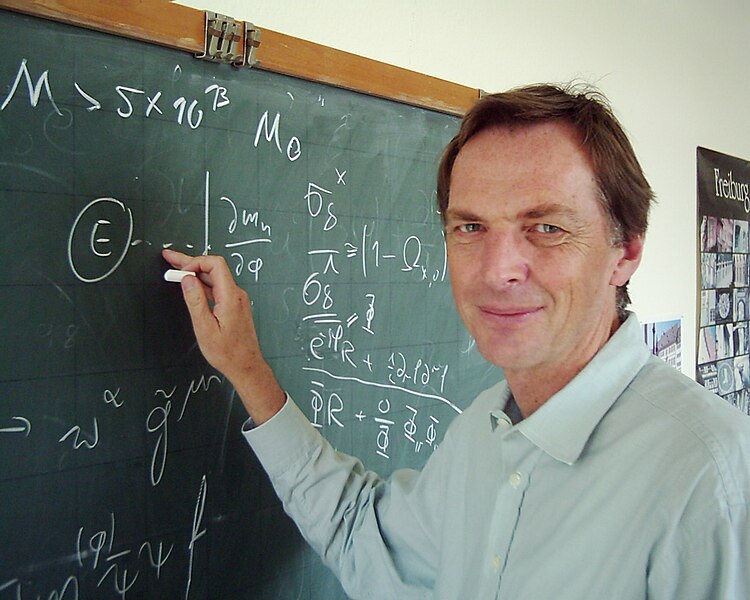 Further to an interesting idea that “Life originated only fifteen million years after the Big Bang?,” efforts continue to try to reorganized science around “The Big Bang never happened.”
Further to an interesting idea that “Life originated only fifteen million years after the Big Bang?,” efforts continue to try to reorganized science around “The Big Bang never happened.”
Christof Wetterich, a theoretical physicist at Heidelberg University proposes a “slow, cold start” to the universe:
In Wetterich’s theory, fundamental particles become heavier over time, while gravity weakens. This logic leads to a cosmic history in which the universe still underwent inflation but did not necessarily continue expanding. And instead of starting with a Big Bang, time before inflation could stretch into the infinite past.
No measurement can prove whether particle masses have stayed constant because it is only possible to measure the ratio between different masses, not masses themselves. For instance, all masses on Earth are ultimately referenced to a standard kilogram sitting in a vault in France. So Wetterich’s picture is akin to saying that instead of the universe expanding, the ruler with which we measure it is shrinking, says Niayesh Afshordi, an astrophysicist at the Perimeter Institute of Theoretical Physics in Waterloo, Canada.
In that case, the universe would only appear to be expanding. And all the matter need not be packed into a singularity at the Big Bang:
The universe could have begun sparse and cold, emerging from this deep freeze only after an unimaginably long time. In this picture, he says, “you can go as far back in the past as you want, and the past is even pretty boring.”
Here’s the paper. Some are calling it Steady State revisited. Hardly unfair when you consider that even the theory’s proponent admits that it describes a past that (assuming it actually occurred) is “pretty boring.”
See also: Big Bang exterminator wanted, will train
Follow UD News at Twitter!